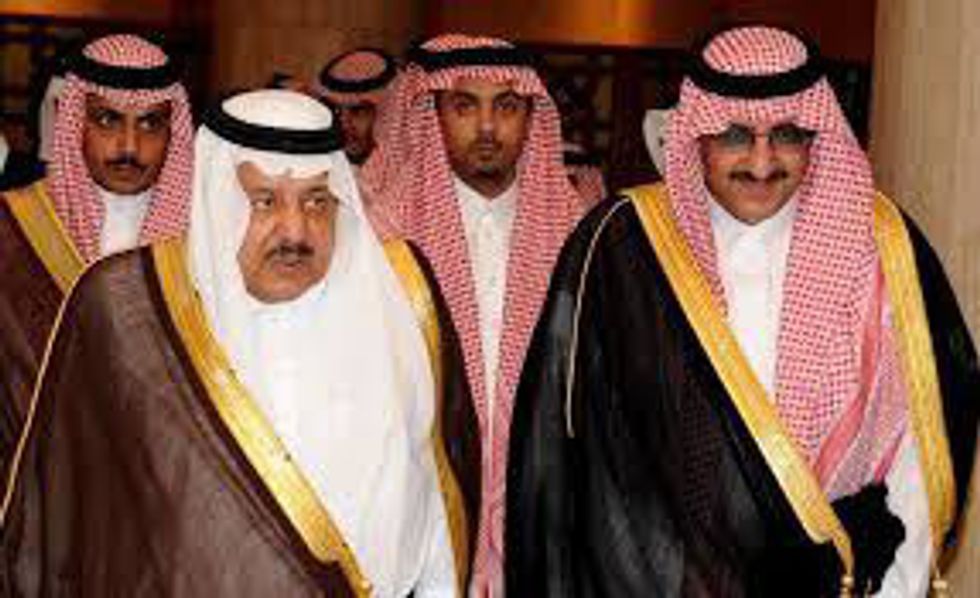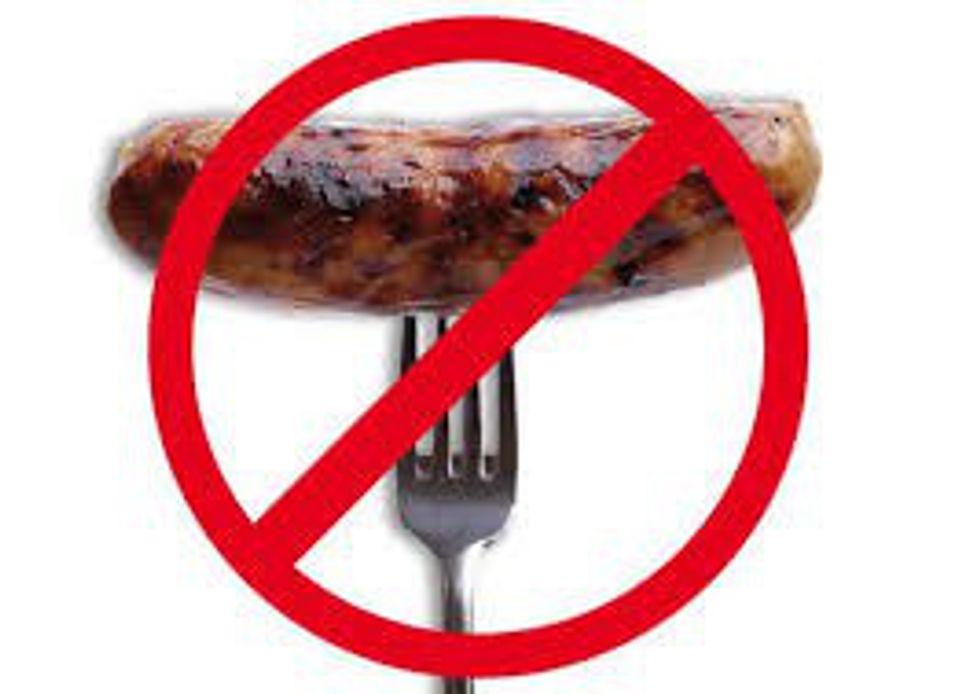I recently started going to the Muslim Students Association (MSA) meetings for the last two weeks. MSA is a club dedicated to eradicating the stereotypes against Muslim people. There was a lot of myths about people who practice the religion of Islam. Myths that were disproven at this meeting included: all Muslims are Arabic, every Muslim man must wear a turban and have a beard, Muslim people can't eat any type of meat, the women are often oppressed by men and are seen as inferior, and Muslim women must wear a hijab at all times.
The first myth that was clarified was about the ethnicity of Islamic people. It is mostly heard that people who practice this religion are of one race when it's false. Muslim people tend to reside all over the world. There are Muslim people who are African, white, Asian, Indian, and so on. This religion is practiced by the most diverse collection of people in the whole world.
Another myth that was dispelled was that all men must have a turban and a beard. This is extremely false. Islamic people actually in most cases don't wear turbans. Men who have turbans can usually be classified as a man following the Sikh religion. There are different kinds of turbans but Muslims usually wear a Kaffiyeh. It's a rectangular cloth that is draped over the head with a headband-like ring on the top. Different races wear different color Kaffiyehs. The popularity of men having a beard in the Muslim culture is not because of the religion, it's purely preference and culture. I personally see a lot of African-American men with beards who are Islamic which made me think that a beard came with the religion.
The next myth concerning Muslim's consumption of meat is also false. I learned that Islamic people can't eat any animal that eats other animals like snakes or other carnivores. They can eat plant-fed animals like cow and chicken. They are forbidden to eat pork because, in the Qu'ran, pigs are considered dirty animals. Besides that, they eat regular food like everyone else.
Additionally, the whole misconception about Islamic women having to wear a hijab at all times is false. Islamic women can take their hijab off in their house and wear their hair out around immediate family. It represents modesty, privacy, faith. Wearing a hijab is a women's choice and there are debates about whether or not it is mandatory according to the Qu'ran.
My favorite thing that I learned about Islamic people is that the women are not considered inferior, weak, powerless and less than a man. It is often thought that women are oppressed by men in this religion constantly but that is false. There are countries themselves that oppress women but they are not affiliated with the Islamic culture. The men actually hold the most responsibility in the family to take care of the women in the family. The fathers, the brothers, the uncles and all other relatives have an obligation to take care of the women. If a woman's husband dies, then she must be taken care of by the next male relative closest to her. In the Qu'ran it's said that the mother is way more important than the father. It's highly recommended by the Qu'ran to honor your mother.
In conclusion, I'm glad that I started going to the MSA meetings because they are lead by people who experience these stereotypes and were able to teach me something new. It was fun to learn these things because they changed how I saw the religion and the people who practice it. I encourage anyone at Wesley to go to these meetings and learn about the religion of Islam.























